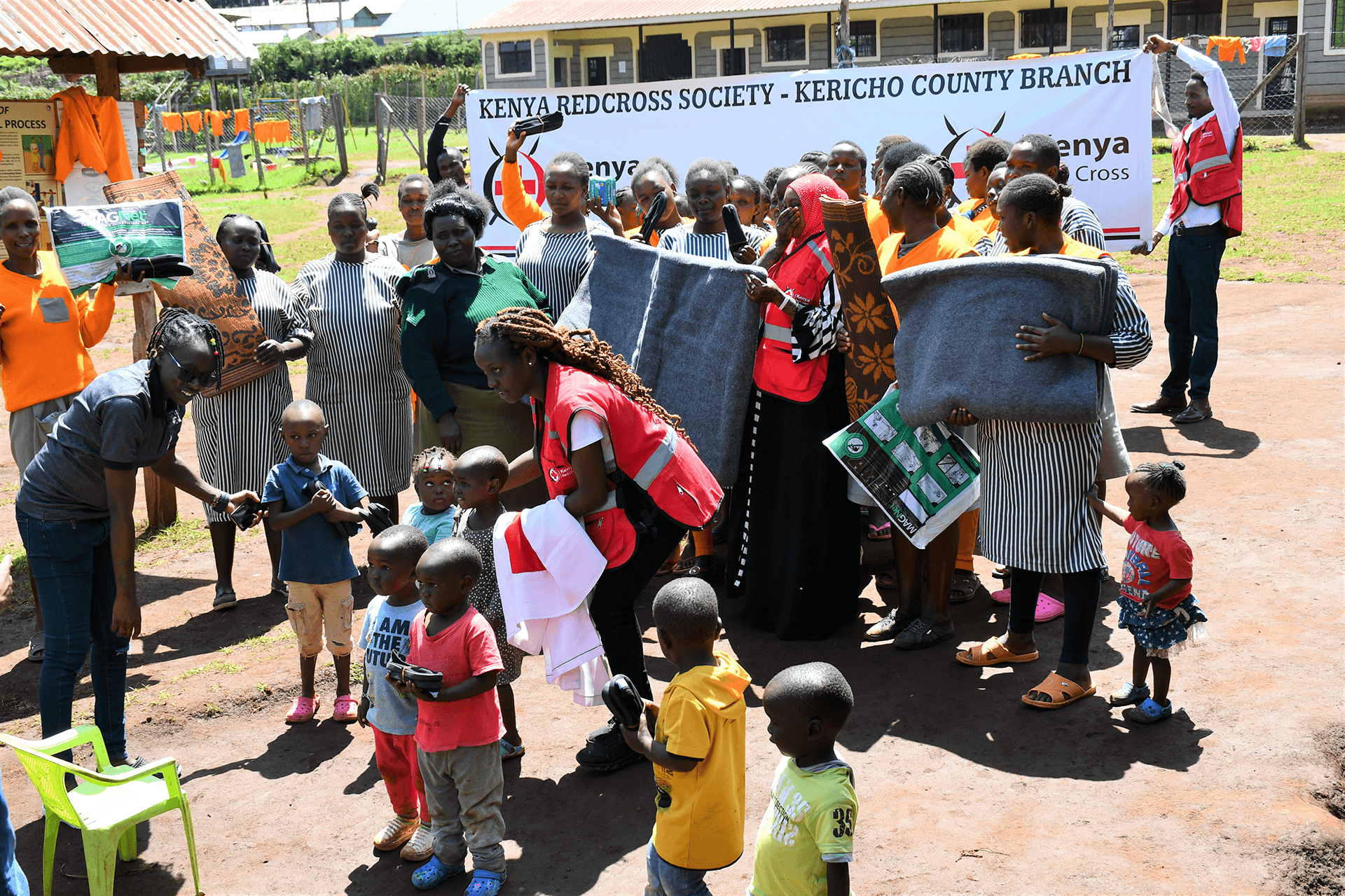Concern has been raised over the continued mistreatment and overworking of donkeys by their owners in Kamulu and Ruai areas in Kasarani Sub County, which sometimes leads to deaths and disease infections.
During a donkey clinic at Stage 26 in Ruai yesterday, stakeholders said most of the donkeys there have big gapping wounds on their backs, necks and legs, mostly from being forced to carry heavy loads.
Led by Kenya Network for dissemination of Agricultural Technologies (Kendat) representative Samatha Opere, they said the suffering most donkeys in the area go through is untold, as they worked without rest, transporting hardware materials and supplying water in one of the upcoming estates in the Sub County.
They said the donkeys have suffered from frequent whipping, pulling overloaded poorly designed carts that have sharp iron objects that cut them and sometimes they suffered from accidents along the busy Kangundo road.
“As a donkey welfare group, we are concerned that most of the donkeys that operate in this area rarely rest. They work so hard, they suffer injuries that range from being hit by cars to stepping on nails. Some move over 10 kilometres to Malaa and Njiru carrying heavy loads and on the tarmac,” she said.
Kamulu and Ruai have many construction works and they lack piped water. The donkeys come in handy to help in transporting the materials.
Chairman of Donkey Owners Nairobi branch Kamiru Muthamia admitted to mistreatment and overworking of their animals to make a living.
He said the area is one of the riskiest for donkeys to operate in as they are often knocked down by speeding vehicles.
Kenya Society for Protection and Care of Animals Representative Ian Kiringa called on the farmers to be alert with their donkeys and report cases of wounds and rabies for ease in organizing for vaccinations.
He said a number of donkeys died after they were infected with rabies in the area last year and thus the need to be vigilant with animal welfare.
“Farmers should be on alert on diseases like tetanus, anthrax, hyena bites, back sores from overloading, and colic from the indigestible plastic bags the donkeys have swallowed and ask for assistance if they suspect such cases, “ he said.
The farmers led by Wilfridah Mukai and Pamela Atieno lauded the ban on donkey slaughter houses saying since it was effected two years ago, they have witnessed an increase in donkey population through breeding.
Mukai who has three donkeys said she has managed to educate her children to university and bought three plots in the area which were under development.
Atieno on her part was among the first donkey owners in the area and has managed to achieve her life dreams from her donkeys. She however says the dreams were almost shattered three years ago when she lost three donkeys.
“Of late, the number of young donkeys is on a high and this can be attributed to reduced donkey theft cases being reported. They can now easily breed,” she said.
Kasarani Sub County Veterinary Officer called on the owners to join groups so that their animals could have access to veterinary services.
“It has been difficult for us to reach unregistered donkey owners for services. These ignorant owners lack the right information on proper donkey keeping and end up losing their animals to diseases and accidents,” she said.
During the clinic, the donkeys were vaccinated against tetanus and also dewormed.
